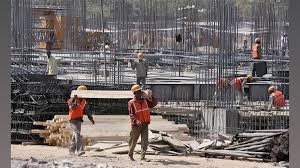Editorial
In Pakistan, the contrast between public sector construction costs and private sector building expenses has long been a subject of debate. A critical comparison reveals not only a financial imbalance but also the entrenched structural inefficiencies of the state’s contracting system. While private builders often manage projects with relatively lean margins, public works are consistently inflated beyond reasonable limits.
Critics argue that the common perception of a “ten percent commission” being the share of officials in government projects is misleading. That amount represents only the visible tip of a much deeper problem. Once layers of profit margins, subcontracting premiums, and non-transparent procedures are added, the total cost escalates far beyond the market value. This artificially inflated expense not only burdens taxpayers but also reduces the scope of developmental work that the state can realistically undertake.
The persistence of this system highlights why the government’s contracting framework remains so powerful and difficult to reform. With entrenched interests across multiple layers of bureaucracy and politics, the incentive structure favors maintaining inflated margins rather than ensuring cost efficiency. Until transparent bidding, independent audits, and digital procurement systems become standard practice, the cycle of inflated costs and weak accountability will continue.
Republic Policy on X (Twitter)
Ultimately, comparing state projects with private construction is not just about numbers—it is about governance. If Pakistan is serious about fiscal discipline and developmental progress, reforming the public contracting system must become a top priority.
















